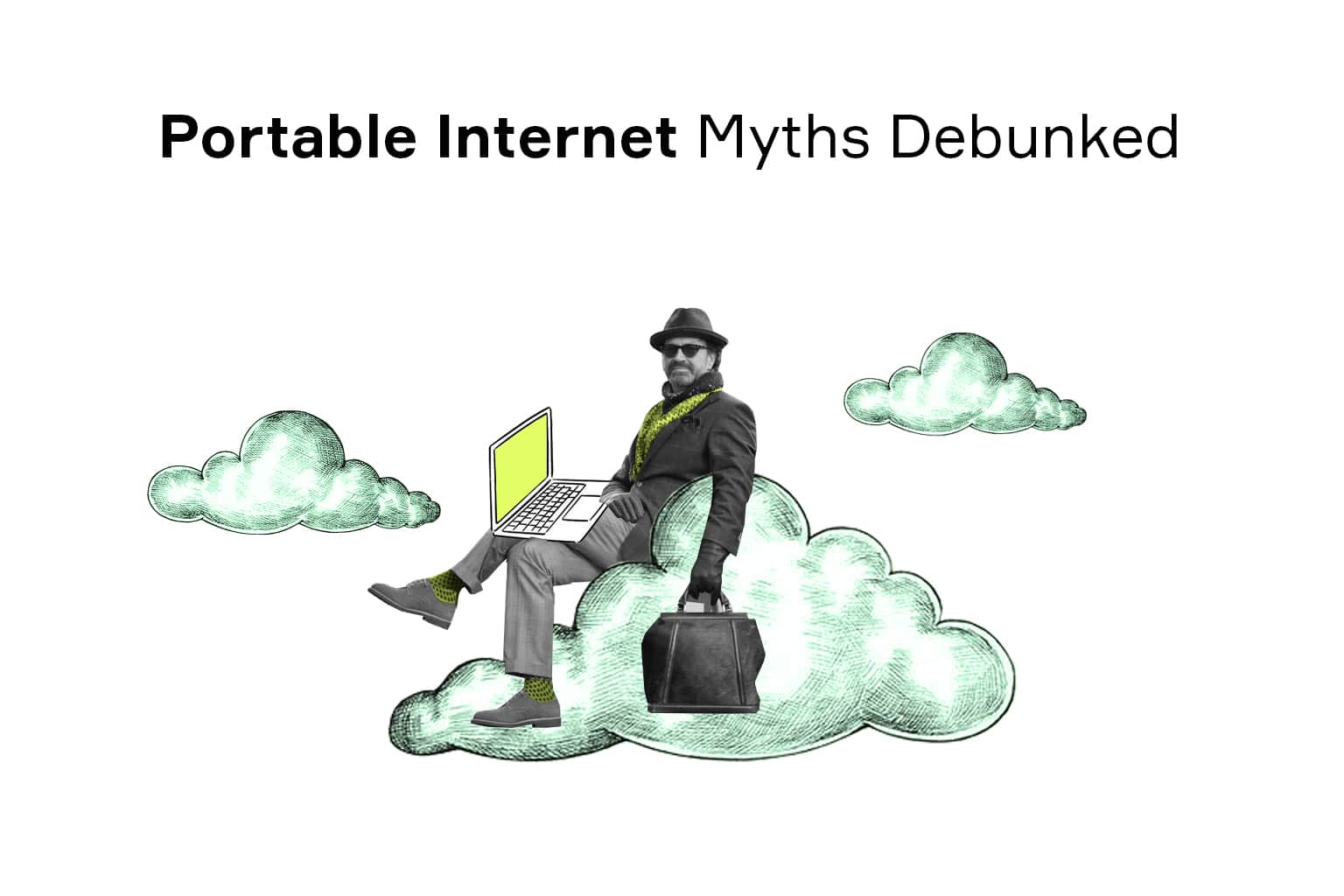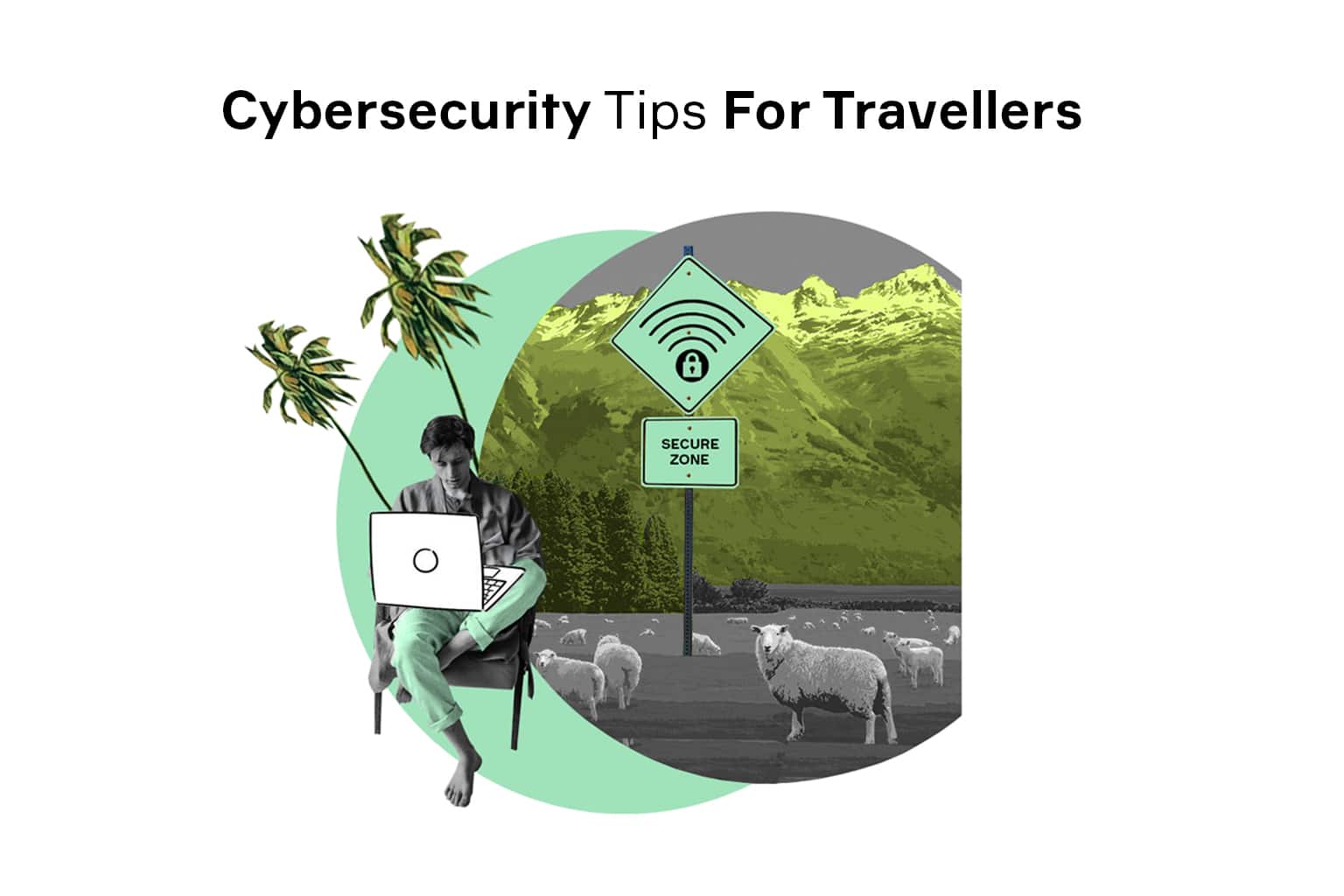
Television has come a long way from clumsy TV shows of old to the cornucopia we have now. Now, with the advent of the Internet, a new challenger has emerged – streaming services. As cable TV prices are going up while cheap and fast Internet is becoming available via a portable Internet modem, more and more people are wondering what are the alternatives to cable TV. In fact, this trend has become so big that it has got itself a name. Below is a close look at what cord-cutting is, what it isn’t, and whether it’s worth the trouble.
What’s Cord Cutting?
The term “cord-cutting” refers to a tendency among media consumers to opt out of subscription television services in favor of alternatives such as video streaming services. Somewhat counter-intuitively, the discontinued services include both cable and satellite TV, so there may be no actual cord involved in the process.
Cord-cutting comes in many shapes, so that users may engage in cord-shaving – ditching some channels to cut the cost of subscription, or even be radical cord-nevers – never subscribe to cable TV in the first place.
While cord-cutting has become more popular due to the repercussions of the COVID outbreak, the question “Should I cut cable?” had been circulating for quite some time before we even heard of the pandemic. While the imposing name for the trend might seem overly generous, this consumer behavior will probably reshape the market landscape in the nearest decade or two.
Why Cut the Cord?
A good place to start looking for the best alternative to cable TV is to understand why people do that. And, as with every game-changing trend, there’s no single factor.
The first and, perhaps, the most apparent reason is the natural desire to save money. The truth is, cable TV is getting expensive. While the price of the subscription itself is relatively modest, it is only a fraction of the total cost. Once you add things like state taxes, additional fees, the cost of rented equipment, and occasional premium services, the price can get twice to four times of what you’ve seen in that promotional booklet. With so many attractive alternatives to cable TV on the market, there’s little wonder people will ditch expensive options in favor of cheaper ones.
Ads are another major reason for the shift. Advertising and television have a long history of coexistence, yet it seems like people are getting increasingly wary of it. Of course, Internet-based alternatives to cable TV aren’t ad-free, either, yet they offer more flexibility and control over how much ads you will see and what will be advertised.
Third, and, perhaps, most importantly, the audience is changing. Millennials and Gen-Zs are taking over the consumer space, and they are far pickier in their preferences. Not only do they rely on smartphones and laptops to engage with the media, which makes TV an unlikely candidate, these generations rely increasingly on streaming services. On top of that, they are 5 generally leaning towards more freedom of choice, subscribing to multiple services, and happily abandoning those with less favorable conditions.
Streaming Services vs Cable TV

As can be seen, people are finding the best alternative to cable TV that works for them, and there are good reasons to follow suit:
- Less restrictive: As a rule, cable TV services have quite strict contracts that prevent you from discontinuing them early, whereas online streaming services offer flexible subscription plans.
- Cheaper: Of course, there is no single price tag for alternatives to cable TV, yet on average, their cost is lower than that of cable, and they allow for more precise adjustment of expenses.
- More content: Streaming services have huge libraries of content – sometimes much more than one person can ever hope to watch in a lifetime
- More personalized: Unlike cable TV, where companies decide what you will watch, online streaming services provide content on-demand with no restrictions and back it up with smart discovery algorithms, putting you in control of a uniquely customized experience.
For the sake of fairness, we should also mention that using streaming services has one important downside – it requires the Internet connection to work, whereas the only thing cable TV needs to work is, well, cable. However, this argument only makes sense in certain regions with poor internet coverage. As a rule, in such areas, the availability of cable TV is as much of a concern. On the other hand, the Internet has become so ubiquitous in recent years that it has already been considered essential for safeguarding human rights. While the “no connection” scenario is still a reality, it is quickly becoming similar to power outage – an unlikely nuisance rather than a serious concern.
What Are Some Alternatives to Cable TV?
The contemporary media space is plentiful, offering a variety of cord cutting options to choose from. The main contenders are streaming services, online TV, and a digital antenna. Some of these are fairly close to cable experience, while others are entirely different.
Streaming Services
Perhaps the most familiar alternative to cable, online video services are essentially rock stars of the cord-cutting movement. These come in all shapes and forms, ranging from industry giants to bold forays from ambitious start-ups. The most familiar names are:
- Netflix
- Hulu
- Amazon Prime Video
- Youtube
- Disney Plus
- HBO
The main advantage of these services is the diversity of subscription options they offer. Occasional watchers would appreciate the possibility to pay only for the content they watch, which not only feels fair but can actually be much cheaper than a yearly subscription for cable. On the other hand, binge-watchers may choose a monthly fee, which opens up both the currently running shows and a library of previously aired content.
Online TV
This one is on the opposite end of the alternatives to cable TV spectrum. Essentially, that is how you drop cable and still watch TV, as you get largely the same television, only delivered through a 4G LTE USB modem or your preferred way of Internet connection. This segment of TV services is dominated by the same companies that rule the video streaming:
- YouTube TV
- Hulu + Live TV
- Sling TV
- DirectTV Now
- Playstation Vue
The main advantage of this alternative is its value proposition. For a relatively modest price, you get a decent amount of premium content that far surpasses most of the cable or satellite offers. Besides, in the case of a portable Internet modem, you are not bound to one location as you can access your account from anywhere with an Internet connection.
Digital Antenna
This option is the closest to the thing cord-cutters are trying to get away from in the first place, which is why it rarely pops up in lists of alternatives to cable TV. With an antenna, what you get depends on what channels are broadcast in your area, so the experience may vary. On the other hand, you only pay for the antenna once and get all the TV time you want for free. And, while it might require some time to configure, the quality of the modern digital signal is outstanding. In other words, this is a great option for those who enjoy fiddling with technology from days gone or are satisfied with what they can get over the air for free.
Should I Cut the Cable Cord?

It’s up to you, of course, but unless you are in a mood for some rage against the machine – no, you should not. Looking for alternatives to cable TV has nothing to do with actual cutting. In fact, there may be no cord involved at all.
As was mentioned above, the term “cord-cutting” refers to consumer behavior and applies quite liberally to both satellite and cable television. So if you don’t hold a grudge against the innocent piece of hardware, you may as well spare the innocent thing.
Should I Cut My Cable Service?
It depends on what you are trying to achieve. If you want to switch to the pay-per-view model or prefer libraries full of classic shows – feel free to sever all ties. If your goal is simply to cut expenses – there are less radical ways to do it.
With more and more people opting for cord cutting best options, cable TV companies are catching up by adding flexibility to their subscription plans. So if you are dissatisfied with the price you pay – you can probably negotiate a better deal without radical changes in your habits.
How to Quit Cable for Online Streaming Video?
If you have already decided to take the cord-cutting path, there are still several important points to consider:
- Get the right device: A modern portable Internet modem will tick all the boxes in most cases.
- Select a suitable Internet plan: Video streaming is an Internet traffic hog, so make sure you have enough.
- Shop around for the best offer: Most streaming services nowadays compete by offering exclusive content – choose the one that works with you.
- Get accustomed to changes: Switching to a different media delivery method may feel rough, so be ready to adjust your expectations.
Final Thoughts
Consumers are a powerful force in the market – so much so, in fact, that their behavior often causes entire industries to collapse. Much more often, however, a less radical thing happens – businesses adjust to the new conditions through innovation and competition, coming up with better products and services.
Cord-cutting falls into the latter category: as more people ask, “What is the best alternative to cable TV?” companies adjust their business models and explore new ways to create value. In the end, it is up to us to create a better future by voicing our preferences and needs and making informed decisions.
All illustrations are created by Lucy Ivanova, a Chief Creative Officer at nect.



